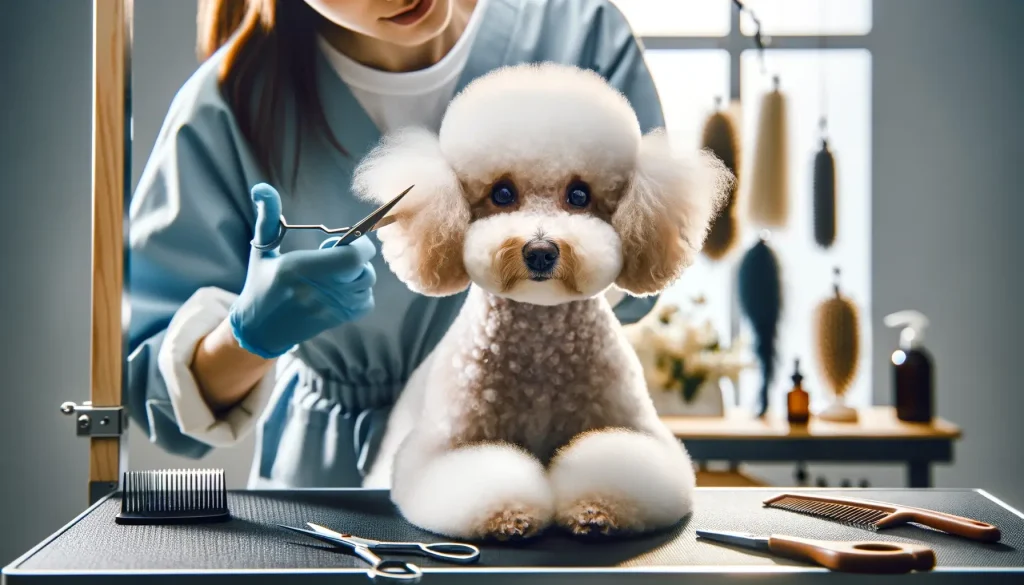
When your dog’s ears start to emit an unpleasant odor, it might leave you puzzled and concerned. There are several reasons why this might be happening, ranging from infections to hygiene habits. Identifying the root cause is critical for proper care and prevention. Below, explore the most common causes of stinky dog ears and what steps you can take to resolve the issue.
- Yeast Infections: These infections create a distinctive musty odor. Look out for symptoms such as discomfort, itching, swelling, or discharge. Despite being common, they necessitate a veterinary consultation for treatment, which may include medication or ear drops.
- Bacterial Infections: Significantly painful and potentially more severe than yeast infections, bacterial infections can lead to noticeable swelling and discharge. Prompt veterinary care is crucial to address these symptoms with possible treatments like steroids and antibiotics.
- Hygiene Habits: An often-overlooked cause, poor hygiene, can lead to smelly ears. Regular cleaning with a pet-safe ear cleaner and proper grooming, especially for dogs with excess ear hair, are effective preventive measures.
- Ear Wax Buildup: Similar to humans, dogs can also suffer from an accumulation of ear wax that emits an odor. Frequent ear cleaning can manage wax buildup, but in some cases, professional cleaning by a vet or groomer may be necessary.
- Recent Swimming: Water remaining in your dog’s ears post-swim can ferment, leading to a temporary odor or, in worse cases, infections. Ensuring ears are dried properly after swimming can help avoid this problem.
It’s important to approach ear odor in dogs with a balanced strategy of prevention, routine checks, and professional consultation when needed. Regularly inspecting your dog’s ears for signs of odor, discomfort, or discharge can keep minor issues from becoming major ones. Always consult a vet when in doubt to ensure your furry friend stays happy, healthy, and smelling fresh.


Preventions for Smelly Dog Ears
Preventing your dog’s ears from smelling bad begins with understanding how various factors contribute to the problem. Here’s what you can do to keep those ears fresh:
- Routine Cleaning: Regularly clean your dog’s ears with a vet-recommended cleaner. This simple step prevents the buildup of wax and debris.
- Post-Swim Care: Drying your dog’s ears after swimming or bathing is crucial. It stops water from becoming a breeding ground for bacteria.
- Ear Hair Maintenance: If your dog has a lot of ear hair, keep it trimmed. This reduces the chance for bacteria and yeast to thrive.
- Monitor for Changes: Watch out for signs of discomfort or odor in your dog’s ears. Early detection makes it easier to address issues before they escalate.
- Use the Right Products: Only use cleaning solutions specifically designed for dogs. Human products can disturb the natural balance of your dog’s ears.
Preventing ear problems in dogs is about regular care and attention. Incorporating these steps into your pet care routine can significantly reduce the risk of smelly ears. FAQs, informational queries, and conversational terms often revolve around simple, home-based solutions like these. By staying proactive, you can keep your dog happy, healthy, and smelling fresh. Remember, if you ever feel unsure about an ear problem, consulting with a vet is always the best decision. They can provide guidance tailored to your dog’s specific needs.
Beginner Guide to Raising Quail at Home
What are the Signs of a Dog Concussion?
What Causes Your Dog’s Ears to Smell Bad?
When your dog’s ears start to emit an unpleasant odor, it might leave you puzzled…
Methimazole Treatment for Cat Hyperthyroidism
Methimazole plays a crucial role in managing feline hyperthyroidism, a condition marked by an overactive…
Got Hummingbirds in your Backyard? Here’s How to Care for Them.
Why Does Your Cat Pee Outside the Litter Box?
Cat’s Litter Box Issues It’s not uncommon for cat owners to face the frustrating dilemma…



